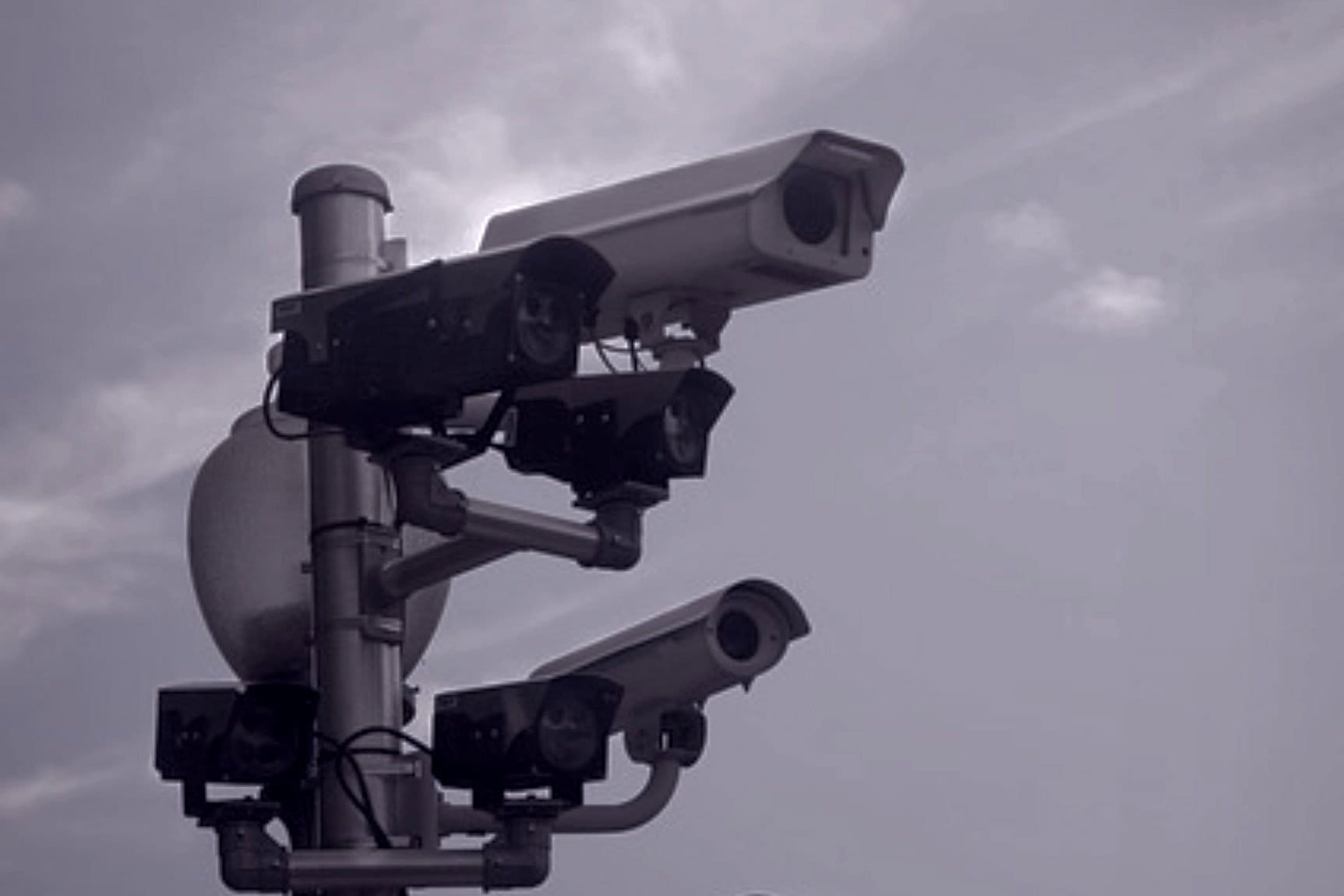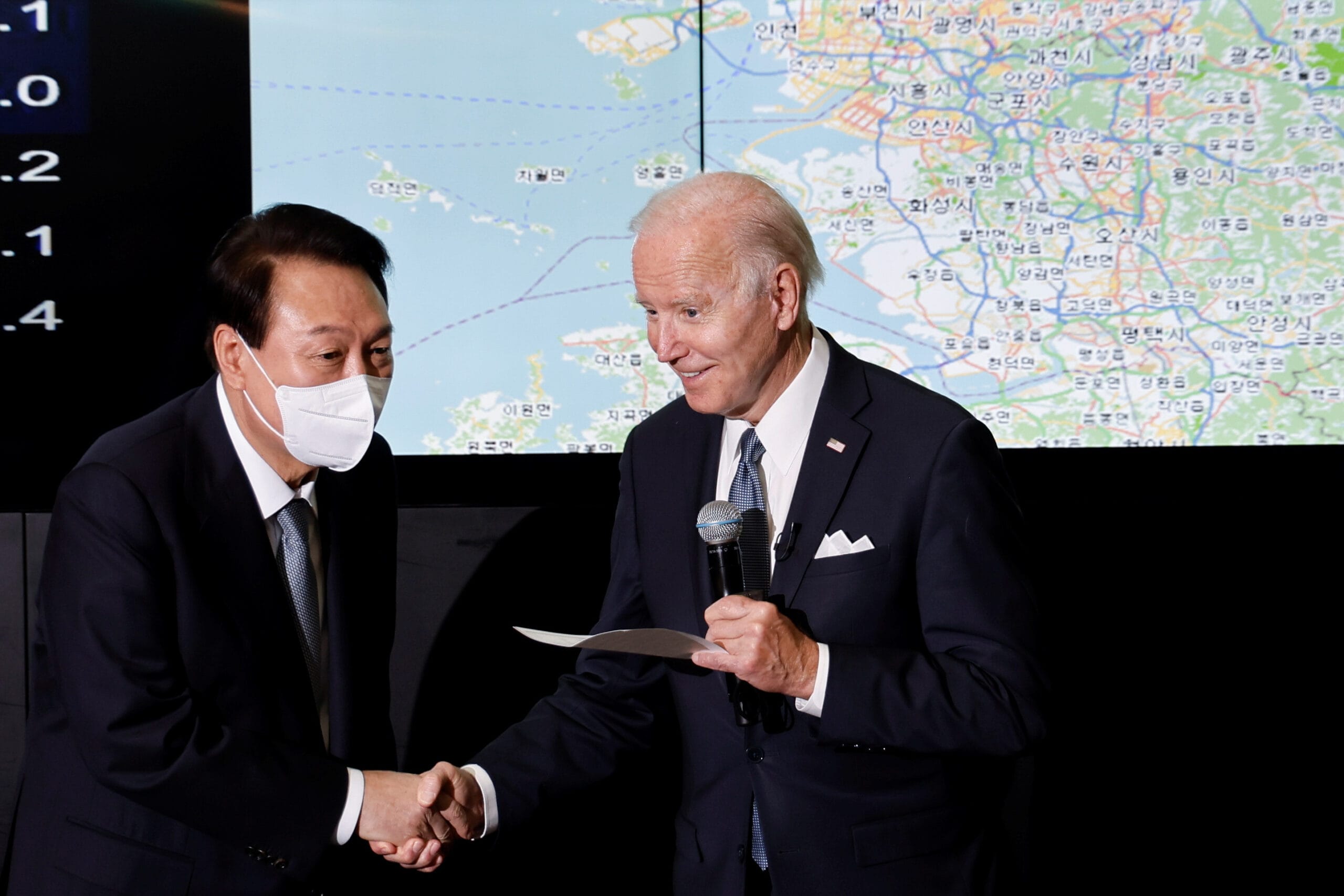Governments and their respective intelligence agencies have long held the power to snoop on individuals believed to possess vital information or pose potential threats to national security. In recent years, the subject of government surveillance has gained significant traction due to a series of scandals that has raised concern over the infringement of citizens’ rights. One such instance – during former President Donald Trump’s first term – involved the Department of Justice (DOJ) secretly seizing the records of multiple members of Congress and journalists as part of a leak investigation.
While Trump administration officials argued that the surveillance actions were justified, the incident sparked a contentious debate about the implications of government spying on people whose role it is to hold the administrations accountable. Many media outlets and commentators criticized the DOJ for potentially undermining journalistic integrity and, consequently, the democratic process.
Government surveillance of law enforcement targets is legal in the United States under the Electronic Communication Privacy Act (ECPA), as long as it is based on probable cause and sanctioned by a warrant. However, the act has recently come under fire for being outdated in an era of rapidly evolving technology, making it challenging for law enforcement agencies to appropriately monitor and manage vast amounts of data. Critics argue that ECPA’s outdated provisions allow the government to tap into numerous communication channels without proper oversight, thereby compromising the privacy rights of both innocent citizens and targeted individuals alike.
In the case of the leaked information during Trump’s first term, the DOJ utilized National Security Letters (NSLs) – a de facto surveillance tool that grants law enforcement agencies the right to obtain confidential information about individuals without judicial oversight. In theory, NSLs are intended to help combat national security threats while protecting sensitive data. However, given the lack of transparency, they risk undermining public trust by allowing the government to overstep its bounds.
Finding a middle ground between protecting national security and safeguarding individuals’ privacy rights is essential in fostering a healthy democratic society. Hence, nations should revisit and revise their surveillance legislation to ensure that the rights and freedoms of its citizens are upheld.
Although most countries employ some form of government surveillance, it is crucial to strike a balance between investigative efforts and citizens’ privacy. As technology progresses and communication channels evolve, so should the oversight mechanisms to prevent abuses and protect the people’s democratic rights.


